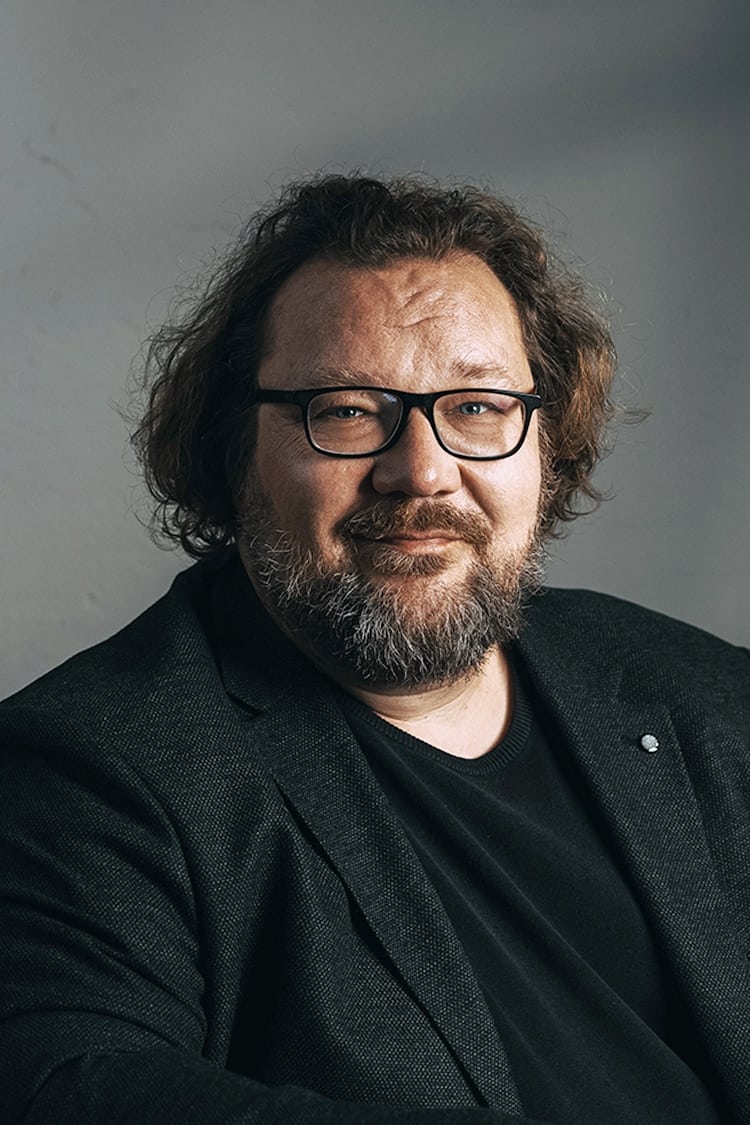
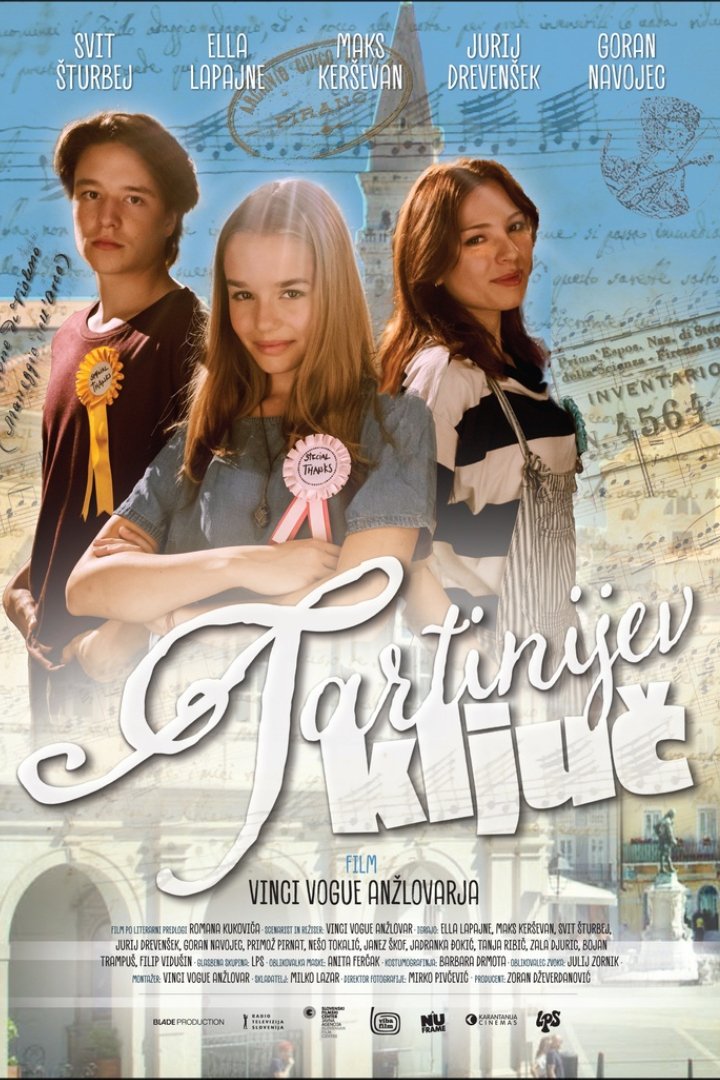
The action takes place in Piran, where three children meet. An SMS message was sent to the wrong number triggers a series of events in which children go through various adventures and puzzles related to Piran. The antagonists of the story are bandits who are looking for treasure, but they are overtaken by children who are more skilled in solving the keys that lead to the treasure. The children are the first to find the treasure, which is actually a collection of letters between the famous violinist Tartini and Stradivari, a violin maker who through correspondence provided him with support and advice on improving violins.
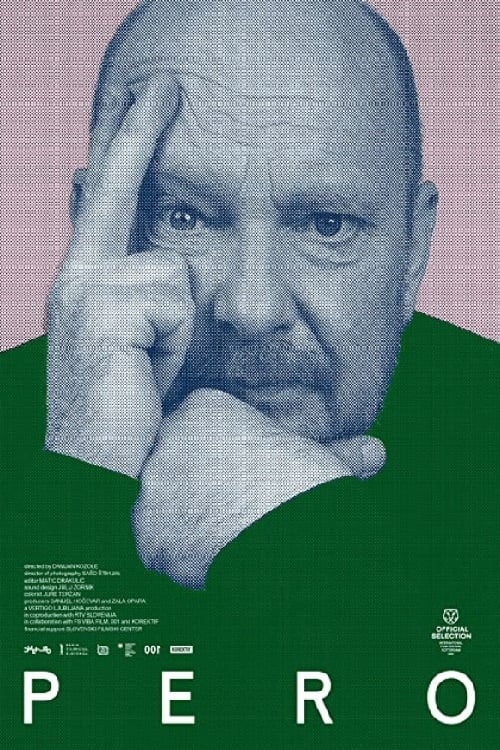
This film is a homage to the life, career and fears of Slovenian actor Peter Musevski. He was always Pero for me, not Peter.
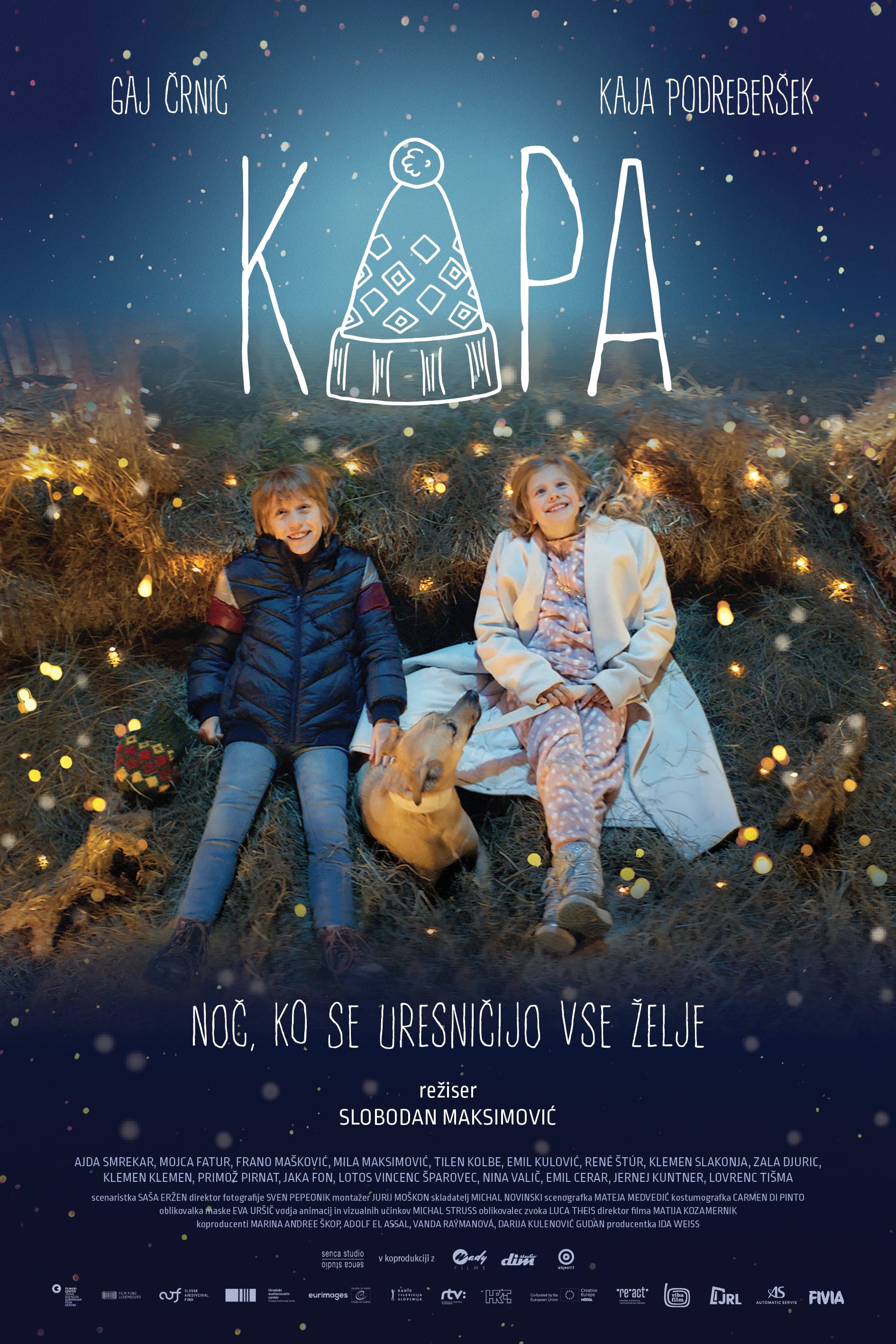
A boy who has nothing and a girl who seems to have everything embark on an adventure following fake Santa in the middle of the night. That night all of their Christmas wishes come true, but not quite the way they've each expected.
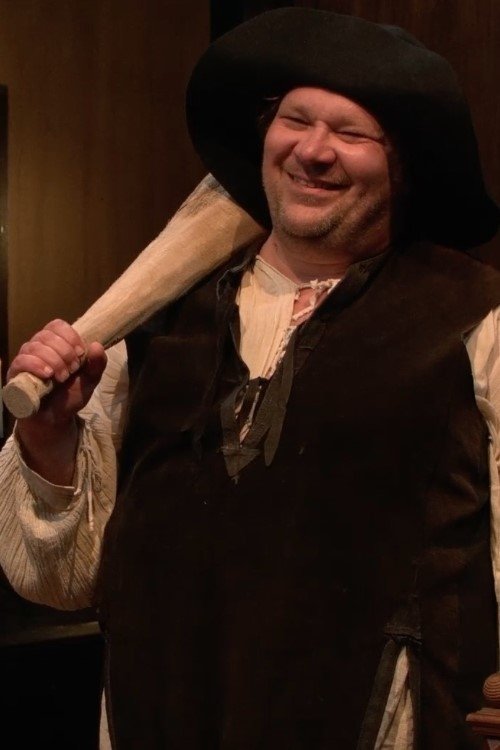
Martin Krpan is the only one who manages to defeat the terrible giant Brdavs. The emperor from the court in Vienna wants to thank him, he even offers him the hand of his daughter. Despite the objections of the empress and minister Gregor, Krpan manages to get the emperor to write him a permit for transporting English salt.
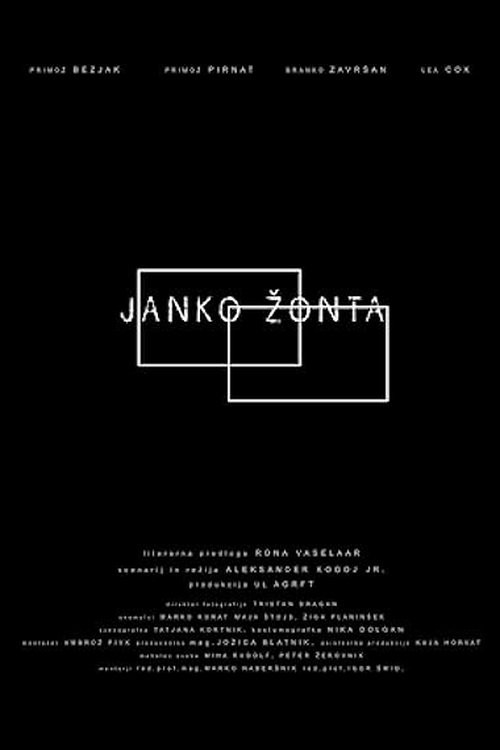
The village special Janko Žonta occasionally reports to the local police station and gives a fabricated report that he killed someone. When Janko reports to the police station one evening and reports a murder, police officer Damjan reacts to the report in a completely routine manner, not knowing that this time the treatment will be completely different.
It represents the dynamics of the events that lead to the "great stories" to the media.
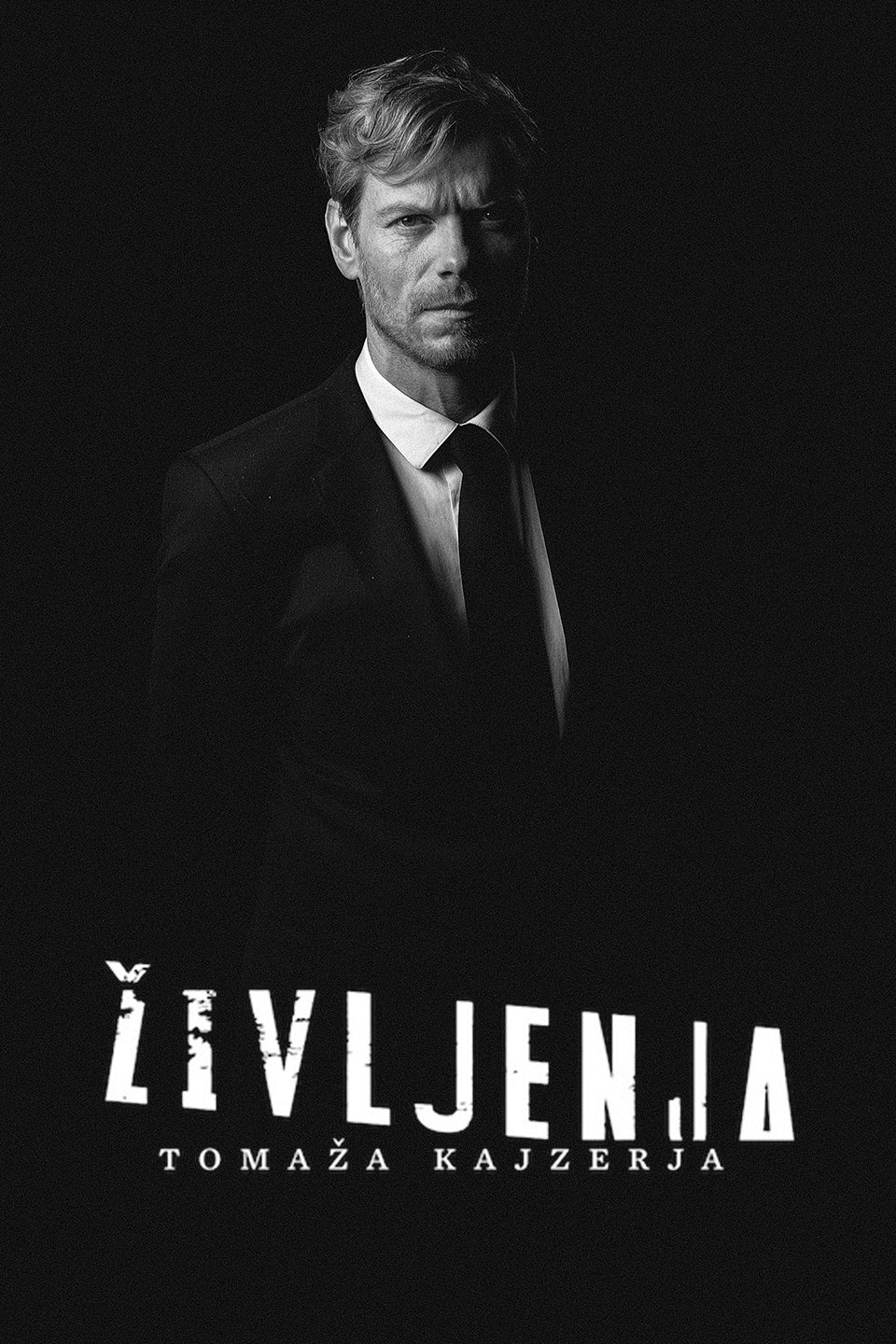
The main character of the title lives a completely new life every time. Tomaz Kajzer is a classic hero of the series, but with a mistake. It’s always someone else.
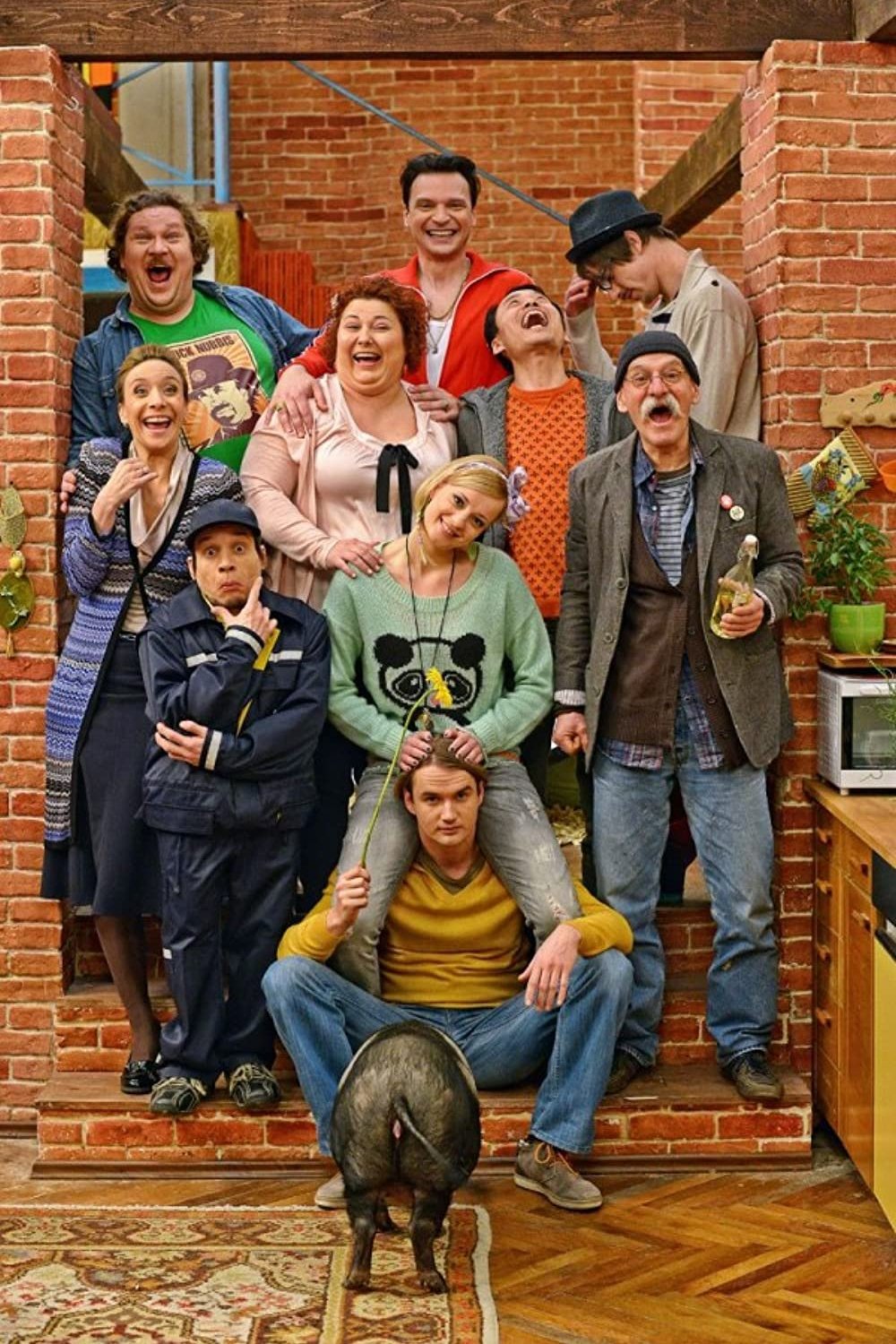
Mirko is a typical Slovene of Balkan origin, filled with a lot of enthusiasm, big plans and minimal resources. He posted an ad looking for co-workers who would be willing to work as partners in the company and get food, housing and profit sharing instead of pay. Slowly, people flocked to the house.